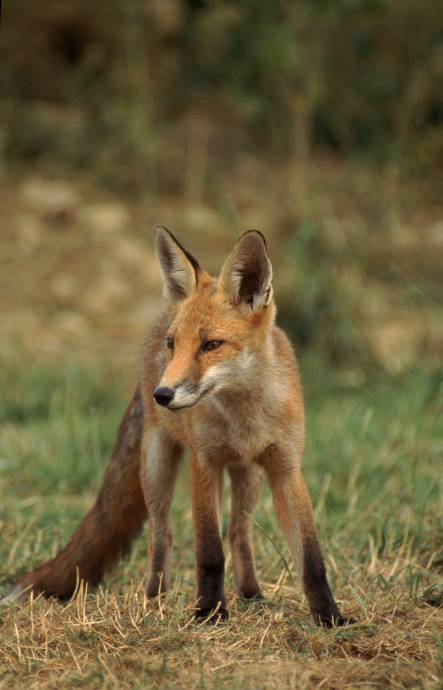Overall responsibility for fulfilling the UK’s commitments as a Party to the CBD lies with the UK Government, with the Department for Environment, Food and Rural Affairs (Defra) as the lead government department.
Recognising the devolution of powers across the UK, the UK CHM provides information on the implementation of the CBD in the UK separately for England, Northern Ireland, Scotland and Wales. Further information is also provided on the implementation of the CBD in the UK’s offshore environment.
To aid joint implementation of the CBD across the UK, the four governments of the UK are working together on a joint approach to implementing the Kunming-Montreal Global Biodiversity Framework (KM-GBF). The four countries of the UK and the UK Overseas Territories and Crown Dependencies have worked together to produce one joint National Biodiversity Strategy and Action Plan (NBSAP).
Additionally, all four governments of the UK jointly published the UK Marine Strategy Part One in 2012 and updated in 2019. It provides a series of targets, and associated indicators, for how the UK will achieve good environmental status for UK waters. In doing so, it complements the documents that comprise the UK’s NBSAP and provides a framework for the implementation of the CBD within the UK’s marine environment.
The UK Marine Strategy Part Two was published in 2022 and provides an update to the monitoring programmes assessing good environmental status.
The UK Marine Strategy Part Three was published in 2015 to set out the UK’s programme of measures that will help to achieve or maintain good environmental status and an update will be published in summer 2024.
In 2023, the UK Government published the Environmental Improvement Plan 2023. This plan sets out the UK Government’s long-term approach to protecting and enhancing the environment. The plan primarily relates to England. However, as the UK Government retains responsibility for a number of cross-UK environmental matters, parts of the plan have relevance across the UK.
Additionally, the Scottish and Welsh Governments along with the UK Government (for UK and England specific matters) mutually agreed The Great Britain Invasive Non-Native Species Strategy in 2023. This is a joint strategy for managing the invasive alien species threats on the island of Great Britain (i.e. England, Scotland and Wales and outlying minor islands). The plan excludes Northern Ireland for biogeographical reasons. However, the Invasive Alien Species Strategy for Northern Ireland highlights the threats posed by invasive species to Northern Ireland and how these will be managed. Similarly, the Scottish and Welsh Governments, along with the UK Government acting on behalf of England, have agreed the Plant Biosecurity Strategy for Great Britain to manage threats to plants from pests and diseases in England, Scotland and Wales.
The four governments of the UK jointly fund the Joint Nature Conservation Committee (JNCC). JNCC has a statutory role to advise all the governments of the UK on the development and implementation of biodiversity conservation policy that has impacts across more than one country of the UK (i.e. across the governmental jurisdictions of the UK). JNCC has a further statutory role in providing advice on the development of conservation policy outside of the UK (including in the Overseas Territories and Crown Dependencies). JNCC advises UK CBD delegates attending meetings of the CBD and JNCC staff usually attend CBD meetings as part of the UK delegation.
Relevant Government Bodies
The following UK Government Arms-length Public Bodies contribute to the implementation of the CBD in the UK:
- Animal and Plant Health Agency (Advises on invasive non-native species policy and management. Their work areas cover England, Scotland, and Wales).
- Centre for Environment, Fisheries and Aquaculture Science (advises on marine conservation and research. Their work covers England and UK’s offshore areas).
- Marine Management Organisation (regulation of human activities in the marine environment. Their work covers England and UK’s offshore areas).
- Joint Nature Conservation Committee (JNCC) (statutory biodiversity body which has strong links with the devolved governments and the country nature conservation bodies and plays an important role in nature conservation at a UK scale).


